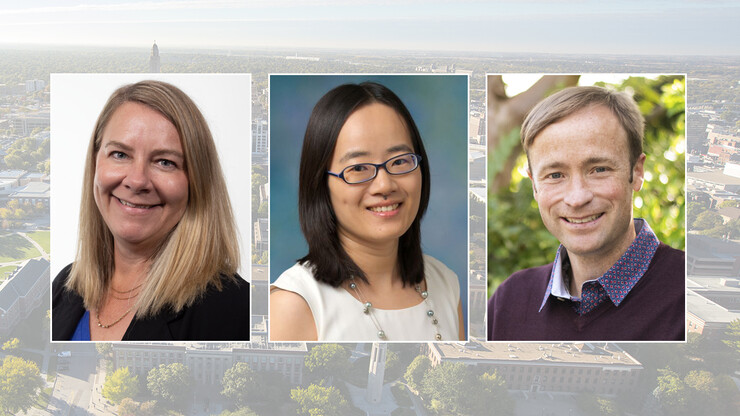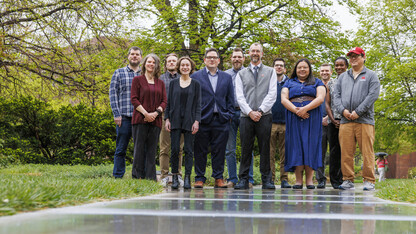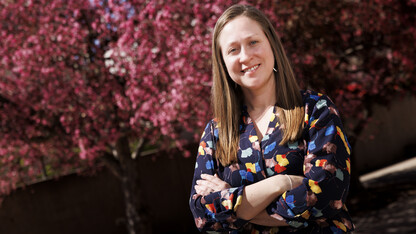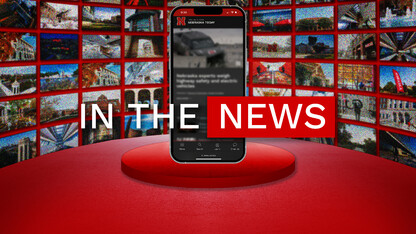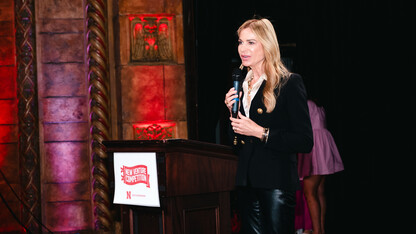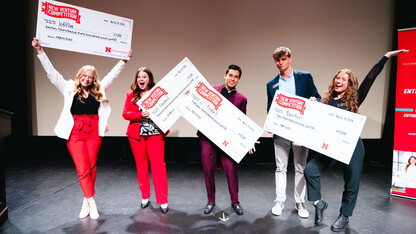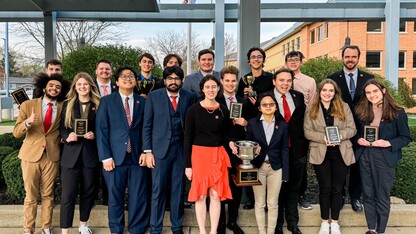· 2 min read
Symposium on ‘Media Literacy in the Age of Artificial Intelligence’ April 12
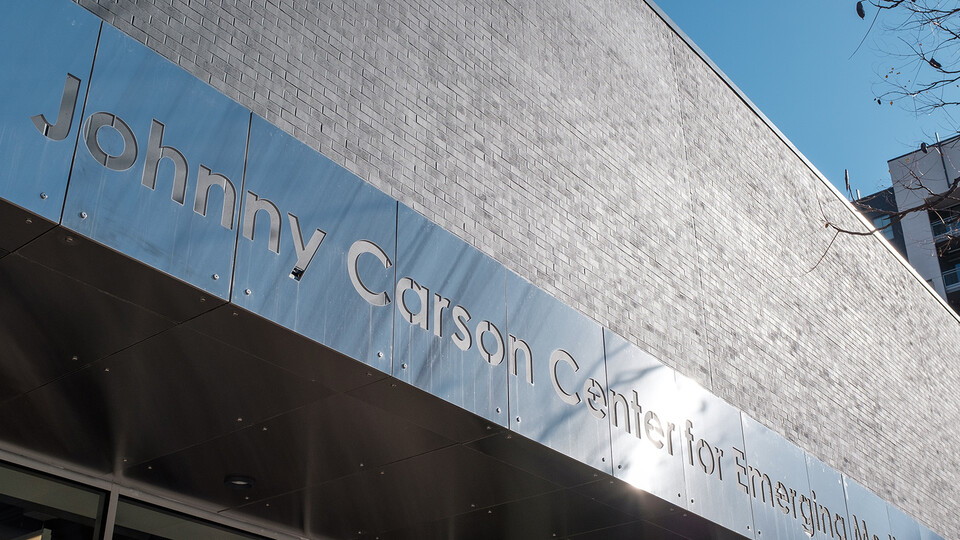
The University of Nebraska–Lincoln is hosting a symposium, “Media Literacy in the Age of Artificial Intelligence,” from 9 a.m. to 3 p.m. April 12 at the Johnny Carson Center for Emerging Media Arts.
The event promises to delve into the pressing issues shaping the media landscape today, including social media algorithms, news consumption, misinformation, generative AI and visual media literacy.
Featuring talks by three distinguished communication scholars, the symposium aims to unpack the complexities of digital communication in the modern era. Kjerstin Thorson of Michigan State University will explore “Digital Platforms, Algorithms and the Future of News Consumption,” shedding light on the evolving dynamics of how we receive and interpret news. Jevin West from the University of Washington will address the critical topic of “Misinformation was Already Challenging – Then Came Generative AI,” highlighting the challenges and implications of AI in the dissemination of information. Cuihua (Cindy) Shen of the University of California, Davis, will round out the discussion with insights into “From Photoshop to Midjourney: Building Resilience Against Visual Misinformation,” offering strategies to combat visual deception in the digital age.
In addition to these expert talks, the symposium will feature a panel discussion titled “Research and Policy of Media and AI Literacy in Nebraska,” led by UNL researchers and community partners. This session aims to foster a deeper understanding of the local implications of media and AI literacy, encouraging dialogue and collaboration among stakeholders.
Attendees will also have the opportunity to engage in breakout discussions and networking sessions, which will provide a platform for in-depth conversation and the exchange of ideas. The full programming details, including session times and topics, are available on the symposium website.
The event is free and open to the public, with lunch provided for attendees. It will also be accessible via livestream, ensuring broad participation. Registration is highly encouraged.
